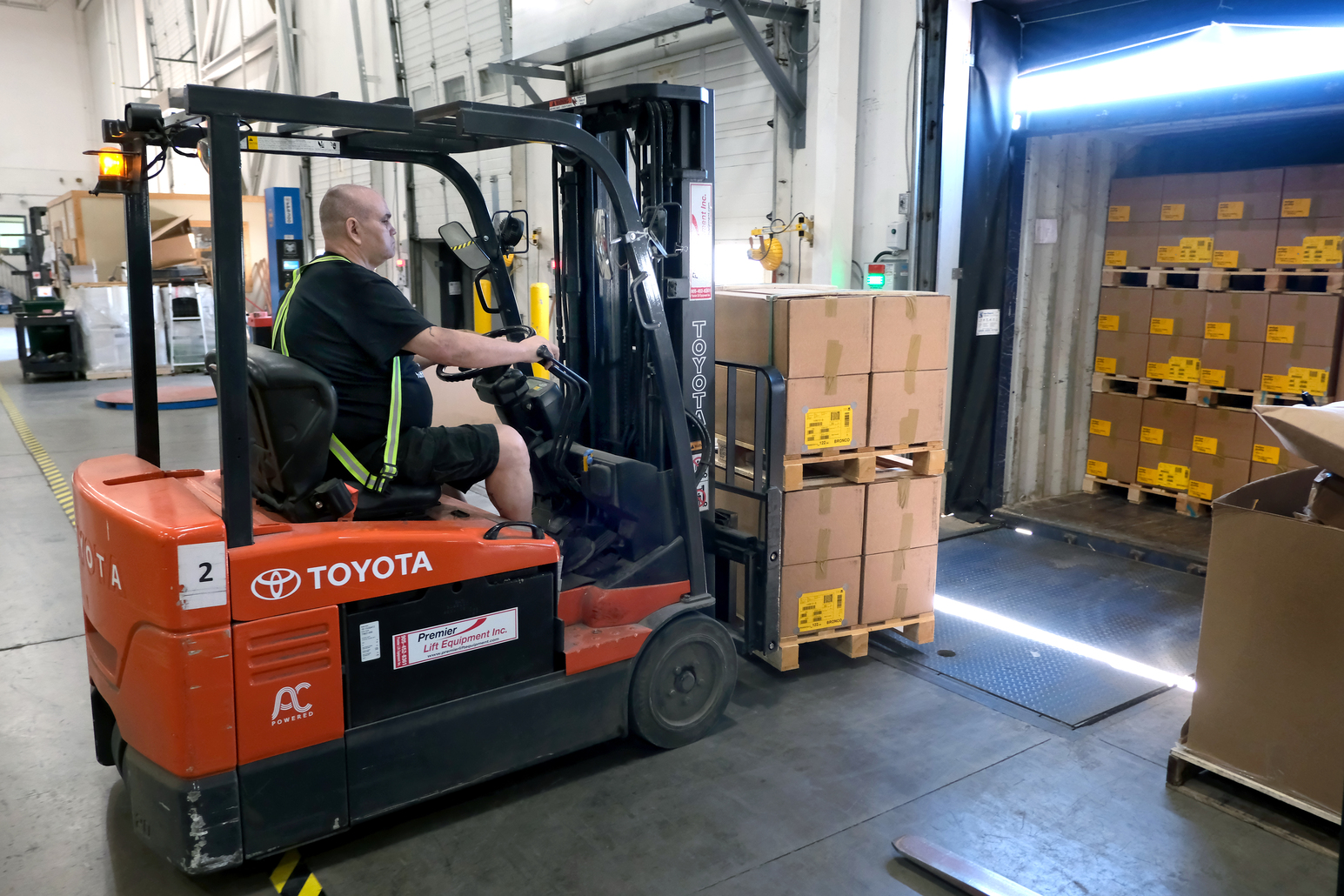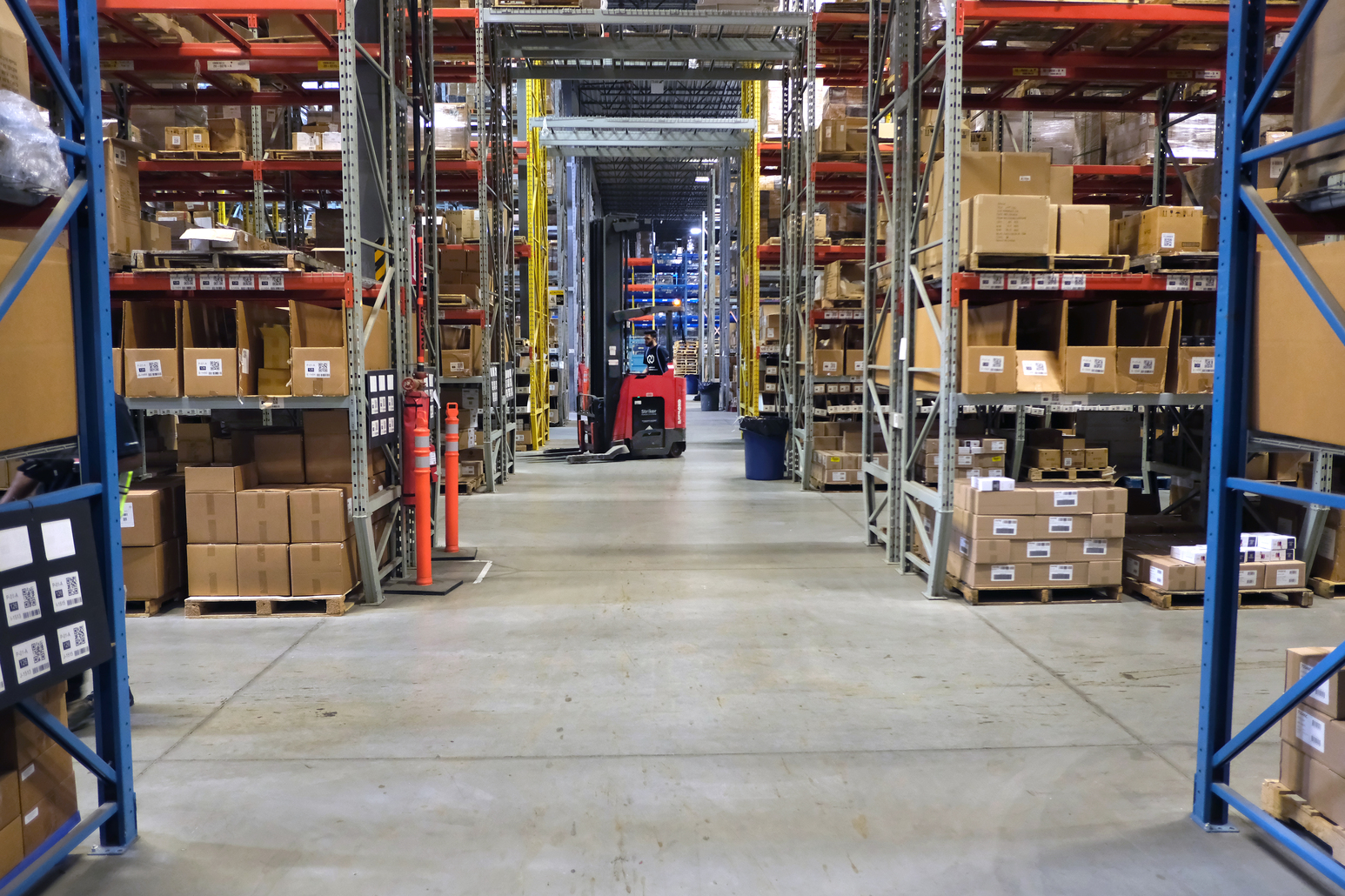On a video posted on YouTube by the Government of Canada on February 11 2015, Canada’s International Trade Minister Ed Fast can be seen serving up Canadian beef stir-fry in a Seoul supermarket. Ironically, a few days later, the excitement buzzing around the new Canada-Korea Free Trade Agreement was dampened when South Korea decided to ban Canadian beef imports in the wake of a recent case of mad cow disease. The director of government and international relations for the Canadian Cattlemen’s Association is hopeful that the ban will be lifted as soon as the CFIA is able to provide the reassurance needed to convince South Korea that the situation is under control (iPolitics, February 2015). Canadian beef exporters are excited to successfully compete in this marketplace. As stated in the promotional video: “once fully implemented, the Canada-Korea Free Trade agreement will completely eliminate tariffs of up to 72% on Canadian beef.???
This agreement has been a long time coming.
On January 1, 2015, almost 10 years and 14 rounds of negotiations later, Canada signed a trade agreement with the world’s 14th largest economy (based on GDP as ranked by the World Bank). The Canada-Korea Free Trade Agreement (CKFTA) marks the first agreement that Canada has put in place with an Asia country and may well pave the way for other agreements in the future with countries like Japan and India.
Which sectors will be most affected by this agreement?
The Canada-Korea Free Trade Agreement is expected to increase Canadian exports to South Korea by 32% with strongest growth in the agricultural sector (particularly beef and pork), the forest industry and seafood. These are the export sectors which face the stiffest tariffs for shipping into the Korean market.
Canadian lobsters entering South Korea carry a tariff of 20 per cent. The new agreement will see nearly 70 per cent of fish and seafood lines become duty-free within five years and all remaining duties erased within 12 years. (Globe and Mail, October 2014).
Canada has been a small player in South Korea’s voracious seafood marketplace, said Geoff Irvine, executive director of the Lobster Council of Canada. With the trade pact in force, he predicts Canadian lobster exports will rise, assisted by storage technology that allows live lobsters to be held for months, and a reputation for a sustainable product from a pristine environment.
The Canadian auto industry will face increased competition in an already aggressive marketplace with the gradual elimination of the import duty on South Korean vehicles such as Hyundai and Kia. Hyundai dealerships in some Canadian urban centers are advertising a “Free Trade??? sale event inviting Canadians to benefit from lower pricing on new cars.
The CKFTA provides Canadian businesses and workers with unprecedented access to South Korea, directly benefiting Canada’s small and medium-sized enterprises. Specific measures that will help SMEs to access the South Korean market include eliminating tariffs, locking in fair and predictable conditions for business and ensuring non-discriminatory treatment, for example, ensuring that each country treats the other’s companies and goods the same way as it treats its own. (Excerpt from Foreign Affairs, Trade and Development Canada, Government of Canada).
Canadian companies will also be able to better compete with their US counterparts who have been enjoying the benefits of their own agreement with Korea since 2012. For instance, even though most Canadians would defend an 8% premium on maple syrup due to the superior quality of Canada’s favorite indispensable pantry staple, the tariff elimination will help even the playing field with our US competitors. Believe it or not Koreans love to use dark maple syrup in their sauces for their world famous barbecue and South Korea represents one of the largest markets outside of North America.
Lessons to be learned from the US-Korea agreement include maintaining open and frequent communication between businesses and government agencies in both countries to ensure non-tariff barriers (rules of origin, consumer protection regulations, etc.) are minimized. (Hill + Knowlton Strategies, March 2014)
If you are looking to discover this new market or are already moving goods between Canada and South Korea, import or export, please contact Mantoria. At Mantoria, our mission is to provide you a full range of logistics and international transport solutions delivered through our industry-leading service.



